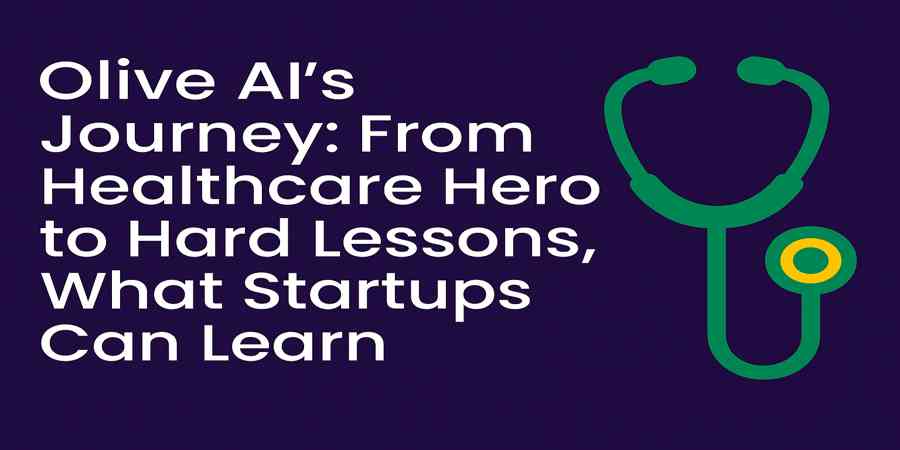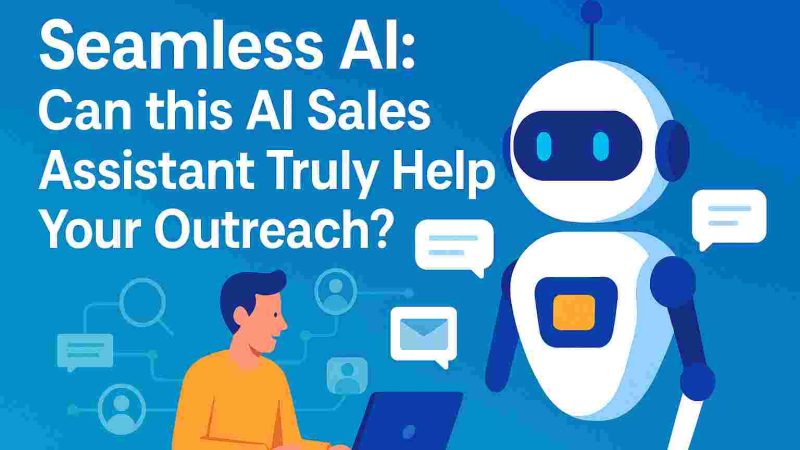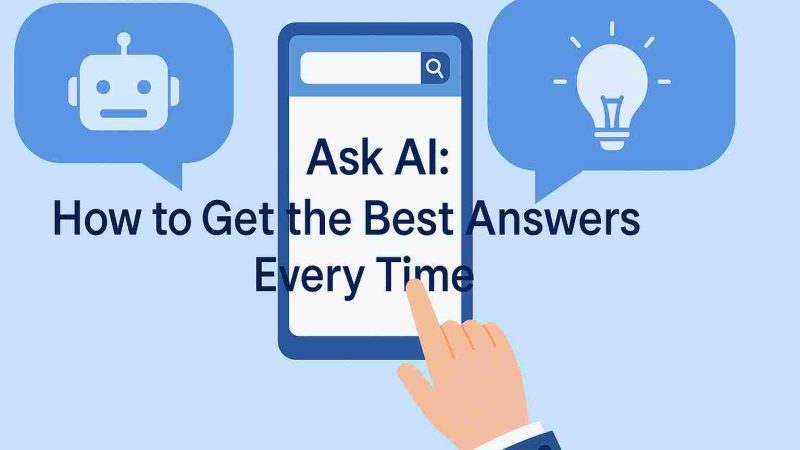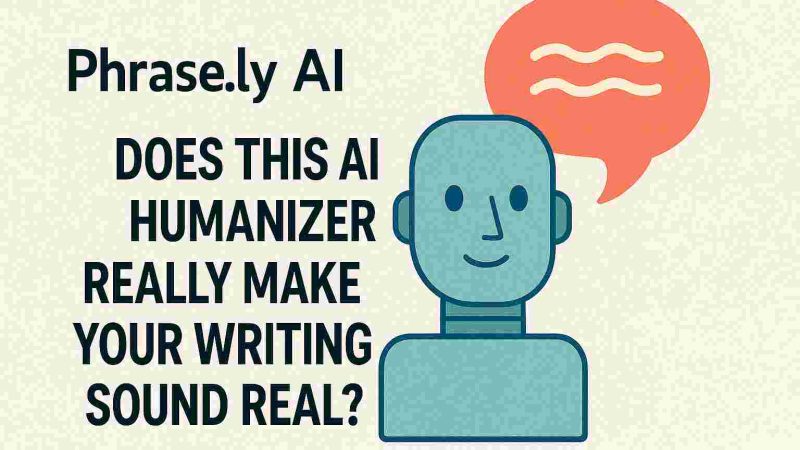Olive AI’s Journey: From Healthcare Hero to Hard Lessons, What Startups Can Learn

Introduction
Have you ever heard of a tech company that soared to a $4 billion valuation only to shut down a few years later?
That’s the story of Olive AI, a company that tried to transform the healthcare industry using artificial intelligence. At one point, it was everywhere in the health tech world. Hospital execs talked about it, tech blogs praised it, and investors poured in millions.
So… what happened?
This article isn’t just about a failed startup. It’s about the dream of using AI to fix real-world problems like hospital admin headaches and what we can all learn when things don’t go as planned.
What was Olive AI supposed to do in healthcare?
Olive AI was built to automate those boring, repetitive tasks in hospitals like checking insurance eligibility, managing claims, and handling billing cycles. Basically, the stuff no one really wants to do but that has to get done.
They called it revenue cycle automation. The goal? Let human workers focus on patients, while AI handled the paperwork. And honestly, the idea made a lot of sense.
Why did Olive AI grow so fast and then crash?
At first, Olive looked unstoppable. Big healthcare systems were signing on, and investors were throwing money in like it was the next Google. By 2021, Olive had raised almost $900 million.
But behind the scenes, things weren’t smooth. Some hospitals reported that the product didn’t deliver the savings it promised. And internally, the company reportedly expanded too fast without fixing core problems.
By 2023, Olive started pulling back. And in 2024, it shut down entirely.
“There were hospitals that wouldn’t touch Olive AI by the end,” one industry analyst told Healthcare Dive. “Too many promises, not enough follow-through.”
What can healthcare startups learn from Olive AI’s fall?
It’s tempting to go big and scale fast, especially when you have loads of funding. But Olive’s story shows why focus and delivery matter more than hype.
Some lessons we can take:
- Test deeply before expanding.
- Don’t oversell what AI can do especially in sensitive industries like healthcare.
- Make sure your tech actually fits how hospitals operate.
As tech strategist Nina Lopez says:
“AI won’t replace healthcare workers. But tech that helps them? That’s where the real magic happens.”
Secondary keyword used: healthcare automation lessons
Who are the top competitors now that Olive AI is gone?
After Olive shut down, several companies moved in to fill the gap.
- FastAuth is working on faster insurance checks.
- Cohere Health focuses on smarter prior authorizations.
- Rotera is diving deep into denial management.
- Sully.ai is working on doctor-patient documentation tools.
- And for broader enterprise automation, Aidoc is getting buzz too.
These platforms learned from Olive: start small, deliver results, and let hospitals lead the pace.
Secondary keyword used: Olive AI competitors
Is there still a future for AI in healthcare?
Absolutely. One company’s failure doesn’t mean the whole idea is bad. In fact, AI in healthcare is more important than ever especially with staffing shortages and rising admin costs.
What’s changed is the approach. Now, the smart players are taking it step by step. They’re working hand-in-hand with providers, proving their tech works before scaling up.
Secondary keyword used: future of healthcare AI
FAQs
Q: Is Olive AI still active?
A: Nope. As of 2024, Olive AI shut down operations and sold off some of its assets.
Q: What went wrong with Olive AI?
A: Overpromising, fast scaling, and tech that didn’t meet hospital expectations.
Q: Are there alternatives to Olive AI?
A: Yes! Companies like FastAuth, Cohere Health, and Aidoc are doing solid work in this space.
Q: Is AI still useful in healthcare?
A: For sure. It’s helping with claims, documentation, scheduling, and diagnostics just with a more focused approach now.
Q: What’s one big lesson from Olive’s story?
A: Don’t let funding outpace product fit. Real-world testing beats hype every time.
Call to Action
Have thoughts about where healthcare AI is headed? Or maybe you’ve worked with tools like Olive before? Drop your comments below I’d love to hear what you think or answer any questions.






